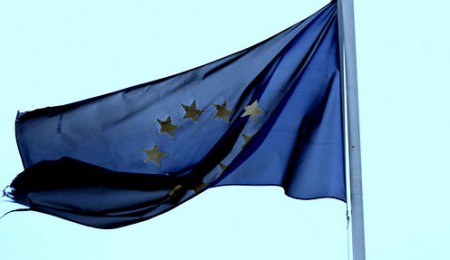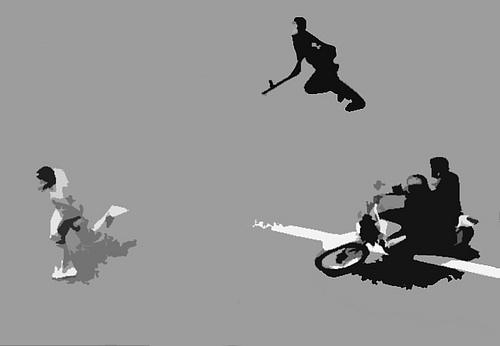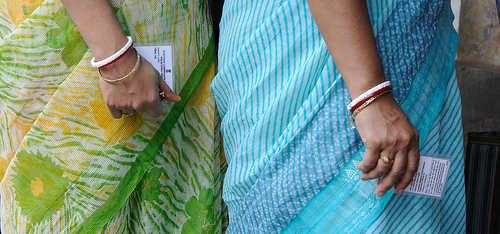
Instead of celebrating a landslide win in the European Parliament elections last week, social democrats all over Europe see themselves confronted with one question: What went wrong? In an economic downturn, social democratic parties usually gain appeal to voters. Not so this time. The results of last weeks elections show devastating losses for social democrats, especially in Britain, France and Germany. The British Labour Party only got 16% of the vote and came in third place. In France, the Parti Socialiste returned with 16.5% of the vote (12 percentage points less than five years ago). The Social Democratic Party in Germany had its worst result since World War II with less than 21%.
With the Labour Party embroiled in an expenses scandal, their result didn’t come as much of a surprise. In France, however, the opportunity couldn’t have been any better with President Nicolas Sarkozy struggling with his reforms and dealing with an approval rating as low as 32%. But instead of taking advantage of the momentum, the Party Socialist got caught up in a nasty fight over power between Ségolène Royal and now party leader Martine Aubry. Issues were to be discussed at a later stage.
A similar thing happened in Germany. Admittedly, Chancellor Angela Merkel is not an easy adversary to take on. This is no reason, though, to get carried away with endless discussions about coalition building followed by an internal mud-slinging session. Again, policy debates had to be postponed.
It might be somewhat premature to announce the decline of social democracy, as some already do. With all this in mind, however, it should not surprise anybody that voters don’t believe the social democrats can lead Europe out of the economic slump.
For further reading, check out the links below:
Sarkozy on top: A good result for the centre-right, a bad one for the main opposition parties



